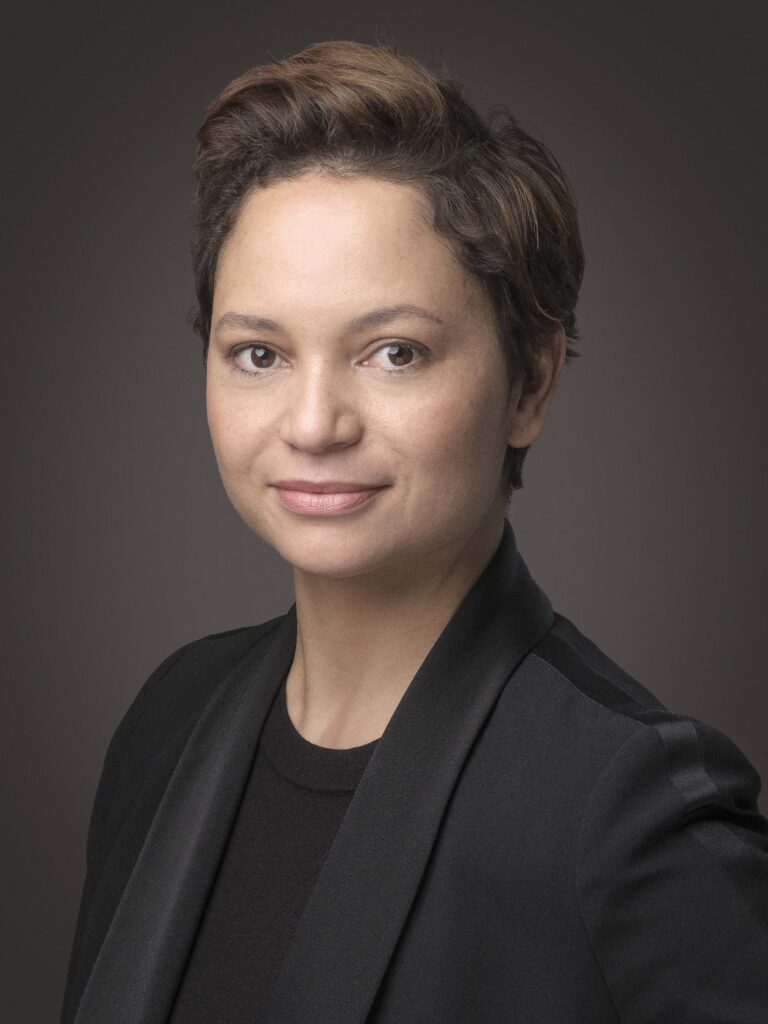Fostering a unified culture across 35 nations: Insights from Wall Street English's VP of Human Resources
- 7 Min Read
Tessa Boshoff draws on her vast HR experience from global corporations to enhance Wall Street English’s focus on diversity and educational empowerment, aiming to create a culture where everyone can achieve their full potential regardless of background.
- Author: HRD Connect
- Date published: Mar 8, 2024
- Categories


VP of Human Resrouces at
Wall Street English
With more than two decades of experience in HR, including roles in global corporations like Starbucks, and GAP, I understand the vital role of HR in aligning business objectives and fostering a unified culture across borders. Throughout my career, I have consistently worked for organisations driven by a common thread – an ambition to do well and at the same time to do good. I’ve taken my experience of these values driven organisations and applied similar principles to all the companies I’ve spent time in. I found the same ambition in Wall Street English, and it is my absolute privilege and pleasure to lead the HR and Training organisation in my current role as Vice President of HR at Wall Street English.
Wall Street English is an international English language learning academy worldwide, boasting a diverse workforce of 22 nationalities and 19 languages in the support team based in Barcelona. Together, we’ve evolved Wall Street English from a single-product entity to a global educational force, reaching learners in diverse corners of the world. Helping people go further, in their life ambition, not just in their careers.
Here, I share my learnings on fostering a workplace that thrives on global diversity while maintaining a common culture, from upskilling and internship initiatives to optimising the leadership team.
Creating a culture people buy into
As a female executive, I understand the importance of diversity in representation and being visible so that others can see themselves and aspire to leadership positions. We believe everyone should have the opportunity to go further in life – no matter who they are or where they come from. English gives them that opportunity and we exist to make that possible.
With any organisation, you need to cultivate a culture that people buy into. Our presence extends to India, Italy, and over 30 other countries, so we genuinely understand how it feels to learn English as adults right across the world. At Wall Street English’s International head office in Barcelona, our culture embraces diversity in geography, age, background and gender. In our differences, we realise there are many similarities that connect us. We come together in different ways including celebrating national days and sharing the recipes of national dishes so that everyone feels valued and learns about one another’s culture. We love food, which helps.
Our employees embrace and contribute to our shared values and our average tenure of 8 years in Head Office is a testament to this. People join Wall Street English because of the opportunity to change people’s lives and once they accomplish this, they stay because of the environment and the people they work with as demonstrated by the insights we gather through surveys of our own teams as well as those of our franchisees. Personally experiencing this during my five-year tenure, including visits to a number of our markets around the world reinforced the universality of our culture across the globe.
Maintaining consistency in a franchise model
Maintaining consistency in a franchise model begins with onboarding. Our self-access onboarding modules cover who we are, what we do, and why we do it. We offer standardised, systematic training so that everybody has the same onboarding experience, whether in Mongolia or Venezuela.
A key focus has been scaling our training through introducing a Learning Management System (LMS), with 98% adoption across all territories. The LMS provides onboarding learning paths for all territory positions offering reporting functionality for our franchisees locally on training completion rates. We strive to make our training solutions more inclusive with the introduction of auto translations and local language customisation for local positions with lower levels of English, and the next phase includes more soft skills training and leadership development options to our ever growing training catalogue.
Additionally, when entering a new market, we assist partners in building their initial teams and showcase best practices to set them up for success when opening additional centres. While this requires significant investment, it is crucial for ensuring a strong foundation.
Building and developing talent
In the face of a global talent shortage, upskilling and management development programs are vital. Our strategy involves upskilling opportunities within the existing team. If team members have transferable skills, we actively support their development. For niche skills currently absent within the organisation, we adopt a Europe-wide approach to talent acquisition. The impact of economic headwinds caused by the pandemic and economic downturns has altered the landscape of talent recruitment across Europe, prompting us to shift our focus towards internal upskilling and, in some instances, re-skilling efforts.
Additionally, we leverage internships as a means to infuse fresh talent into the organisation, and a number of interns have transitioned into permanent positions. This not only addresses our talent needs but also brings a diverse range of skill sets and backgrounds.
Aligning performance with objectives
We implement a robust performance management process that starts with objective setting to ensure diligent tracking and then the teams convert one of their 121s every quarter to a check-in on performance completed by the end-of-year performance review. Whilst relying on productivity measures in a few functions, on the whole, our performance management is linked to individual objectives, forming a direct connection to our overarching strategy. Within the HR department, our key performance indicators start with recruitment. Our target for time to fill is set at 35 days, and we came in under this target while the industry average is around 37 days. With regards to our annual turnover rate for our Head Office based in Barcelona, it stands at 12%. We measure the employee journey end to end, like most good companies would measure their customer journey end to end. We have data related to our candidate experience, our employee experience, the quality of our training and exit data. This helps to inform our people plan, resource allocation and strategy for the following year.
HR’s role in leading from the top
Taking the business from one single product to a more complex omnichannel offering is a challenge. My role from the moment I joined is getting the right people with the right skills into the right places, starting at the top.
It’s my job to help the CEO achieve the company’s financial objectives and deliver on the vision through our people. We’ve had various strategic transformations over the years to get the right structure and skills in place. This included designing new teams, hiring a commercial Chief Financial Officer and combining our Product and Technology organisation under one leader, a Chief Product and Technology Officer (CPTO).
HR leaders, whether operating in global organisations or regionally, must ensure the business and HR functions are not separate entities. Work together as equal partners, all driving towards the same goal, doing well and doing good whilst we’re at it. As HR Leaders that involves sometimes acting as the mirror to the organisation, reflecting its strengths but also its areas of vulnerability, ultimately enabling the business to do better, through people. At Wall Street English, our strategic HR decisions, I hope, have had a positive and lasting impact on team member’s personal and professional lives and we’ve created a place where people feel they belong. The data tells me so, but more importantly, I see it on people’s faces in my daily interactions.








